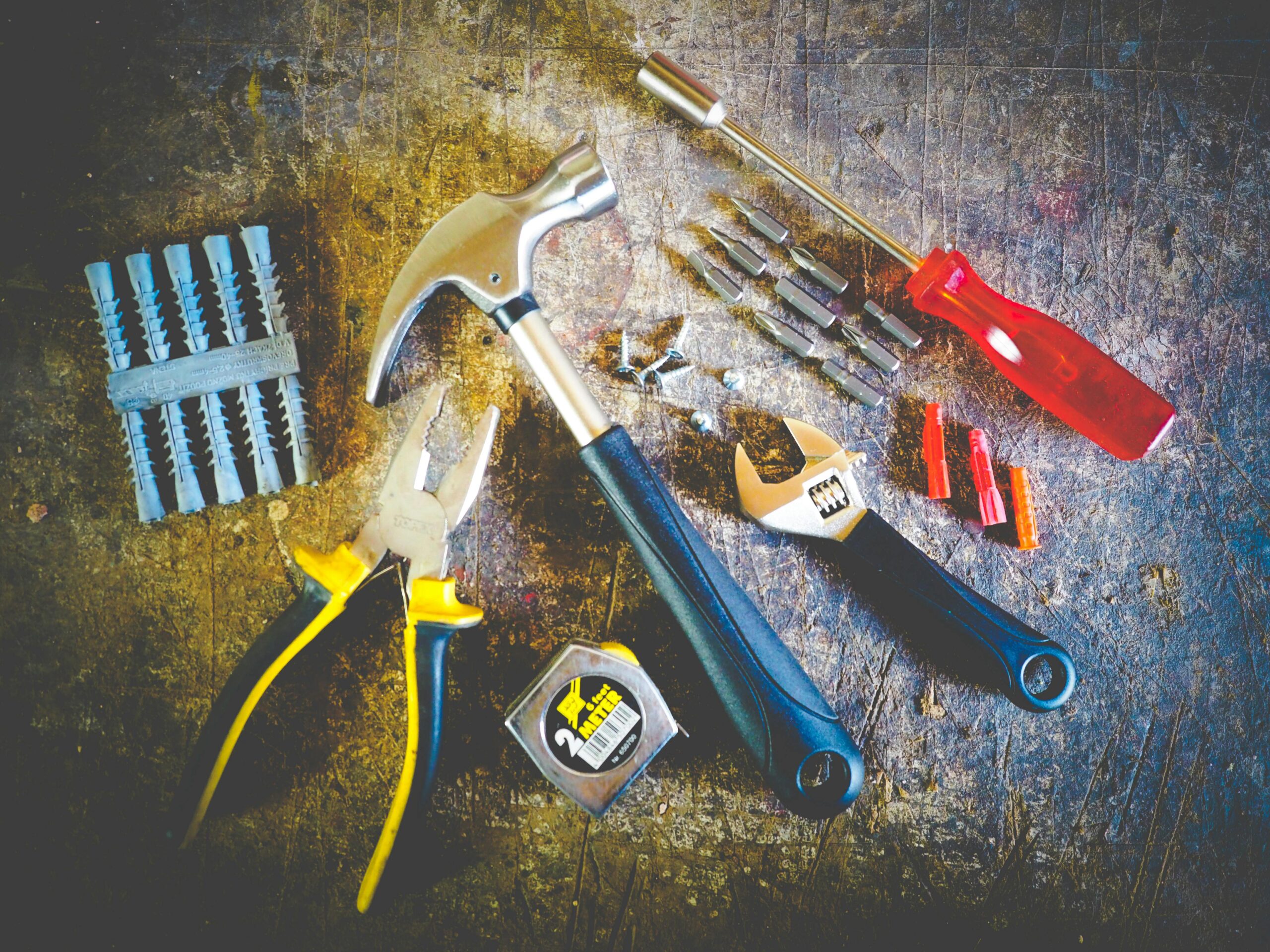Choosing a water heater may seem like a simple decision, but with so many options available, it’s important to select the right model based on efficiency, cost, and household needs. Whether replacing an outdated unit or installing one for the first time, understanding different types of water heaters and their benefits can help homeowners make an informed choice.
A well-chosen water heater installation ensures consistent hot water, lower energy bills, and long-term reliability. This guide breaks down the key factors to consider when selecting a water heater replacement.
1. Understanding the Different Types of Water Heaters
Before purchasing a new water heater, it’s essential to understand the main types available and how they function.
Traditional Tank Water Heaters
- Stores 30-80 gallons of heated water.
- Uses either gas or electricity to maintain water temperature.
- Best for households with consistent water usage.
Tankless Water Heaters
- Heats water on demand, without a storage tank.
- More energy-efficient because it only heats water when needed.
- Ideal for homes looking to reduce energy consumption.
Hybrid Water Heaters (Heat Pump Water Heaters)
- Uses electricity and heat from the air to warm water.
- Highly energy-efficient, but requires adequate space for installation.
- Best for warmer climates with moderate hot water demand.
Each type has advantages and limitations, making it crucial to match the heater to the home’s needs and budget.
2. Gas vs. Electric: Which Fuel Type is Better?
Water heaters are primarily powered by gas or electricity, each with its own benefits.
Gas Water Heaters
⚡ Pros:
✔ Heats water faster than electric models.
✔ Lower operating costs in areas with affordable natural gas.
✔ Works even during power outages.
❌ Cons:
- Requires proper ventilation for safety.
- Higher upfront installation costs.
Electric Water Heaters
⚡ Pros:
✔ Easier to install with no ventilation required.
✔ More energy-efficient for smaller households.
✔ Generally lower upfront cost.
❌ Cons:
- Slower heating time compared to gas models.
- May lead to higher electricity bills in energy-intensive households.
For homeowners choosing between gas and electric, factors like energy rates, home infrastructure, and installation costs should be considered.
3. How to Determine the Right Water Heater Size
Selecting the correct water heater size ensures that hot water demand is met without wasting energy.
Recommended Tank Sizes Based on Household Size:
✔ 1-2 People: 30-40 gallons
✔ 3-4 People: 40-50 gallons
✔ 5+ People: 50-80 gallons
For tankless water heaters, size is measured by flow rate (gallons per minute - GPM):
✔ 1-2 Fixtures Running Simultaneously: 3-5 GPM
✔ 3-4 Fixtures: 6-8 GPM
✔ Whole-Home Use: 9+ GPM
A professional plumber can assess household water usage to recommend the best size for a water heater installation.
4. Energy Efficiency and Cost Savings
Heating water accounts for nearly 20% of a home’s energy use, making efficiency a key factor in reducing utility bills.
Efficiency Ratings to Consider:
✔ Energy Factor (EF) Rating: Measures how efficiently a water heater converts energy into hot water.
✔ Uniform Energy Factor (UEF): A newer rating that provides a more accurate efficiency comparison.
✔ Energy Star Certification: Indicates a high-efficiency model that meets federal energy guidelines.
Most Energy-Efficient Water Heaters:
✔ Tankless Models: Use less energy by heating water only when needed.
✔ Hybrid Water Heaters: Reduce electricity use by up to 60% compared to traditional tanks.
✔ Solar Water Heaters: Extremely efficient but require a higher upfront investment.
A water heater replacement with a high-efficiency model lowers energy costs over time, making it a smart investment.
5. Installation Costs and Long-Term Expenses
The initial cost of a water heater is only part of the equation—installation fees and operating costs also play a role in long-term affordability.
Comparing Initial Costs vs. Lifetime Savings:
✔ Traditional Tank Heater: Lower upfront cost, but higher energy bills over time.
✔ Tankless Water Heater: Higher installation cost, but saves money on energy use.
✔ Hybrid Heater: Expensive upfront, but pays for itself through energy savings.
A licensed plumber can evaluate home plumbing systems to determine the best installation option for efficiency and cost-effectiveness.
6. Signs It’s Time for a Water Heater Replacement
If a water heater is over 10-15 years old, it may be time for an upgrade. Ignoring warning signs could lead to breakdowns and costly emergency repairs.
Common Signs a Water Heater Needs Replacement:
✔ Inconsistent Water Temperature: Fluctuations indicate a failing heating element.
✔ Strange Noises: Rumbling or popping sounds suggest sediment buildup.
✔ Water Discoloration: Rusty water signals internal tank corrosion.
✔ Frequent Repairs: If repairs are becoming costly, replacement may be more cost-effective.
Scheduling a water heater replacement before the unit fails ensures uninterrupted access to hot water.
7. Choosing a Professional Plumber for Installation
Proper water heater installation is essential for efficiency, safety, and longevity.
Why Professional Installation Matters:
✔ Correct Sizing & Setup: Ensures the heater matches household needs.
✔ Safety Compliance: Prevents gas leaks, electrical issues, or improper ventilation.
✔ Warranty Protection: Many manufacturers require professional installation for warranty coverage.
8. Final Tips for Selecting the Best Water Heater
To ensure consistent hot water, lower bills, and long-term reliability, homeowners should focus on energy efficiency, household size, and cost considerations.
Key Takeaways:
✔ Choose the right type: Tank, tankless, or hybrid models each have unique benefits.
✔ Select the correct size: Ensures efficient operation without energy waste.
✔ Consider energy efficiency: Reduces utility bills and supports sustainability.
✔ Hire a professional plumber: Ensures proper installation and long-term performance.
A well-informed water heater replacement decision improves home comfort, saves money, and prevents unexpected breakdowns.
Final Thoughts
Selecting the right water heater is a critical decision that impacts energy efficiency, comfort, and long-term costs. By considering fuel type, size, efficiency ratings, and installation costs, homeowners can make a smart investment that ensures reliable hot water for years to come.
With guidance from a professional plumber, installing a new water heater can be a seamless and beneficial upgrade for any home.

